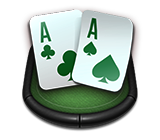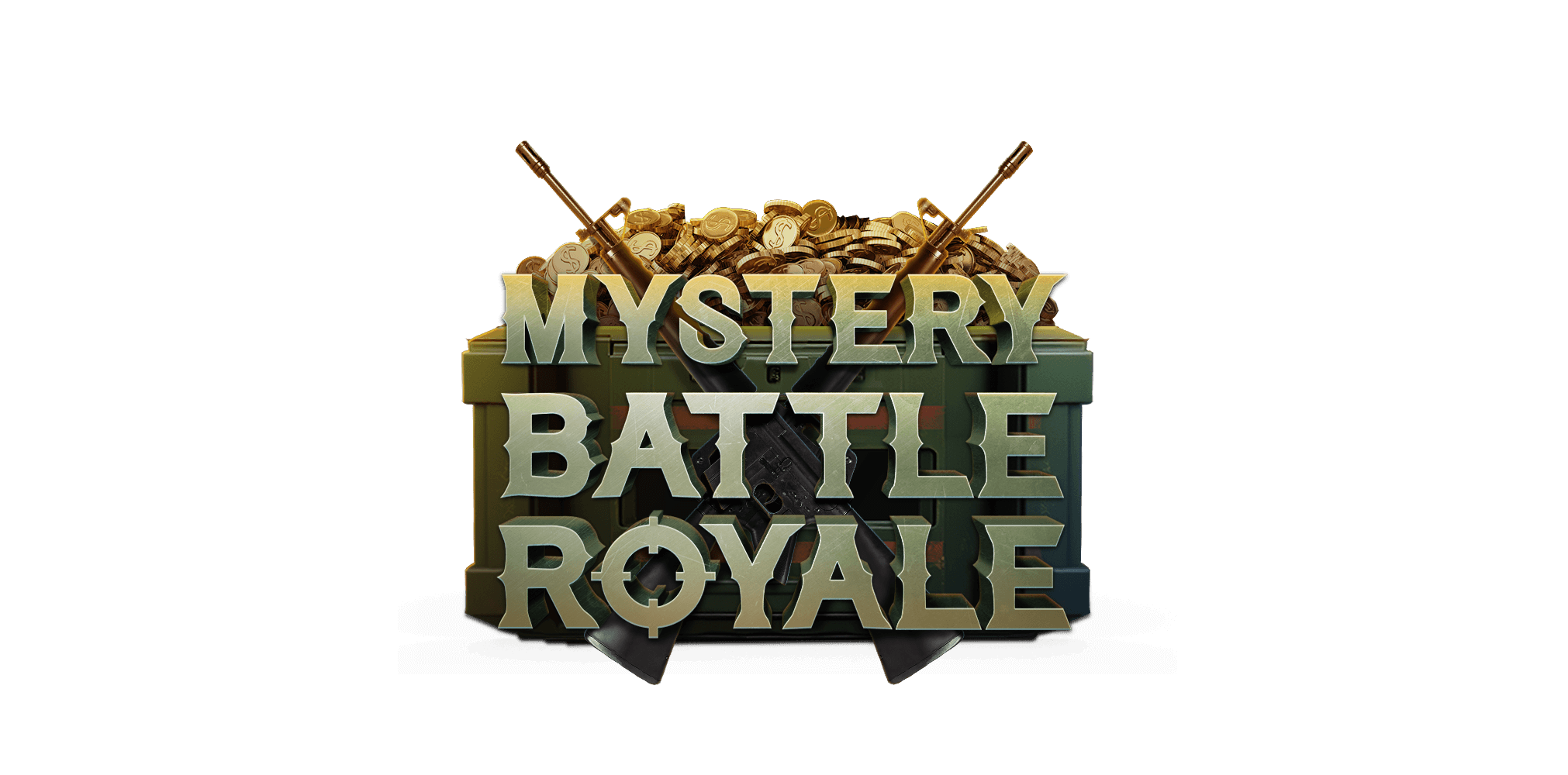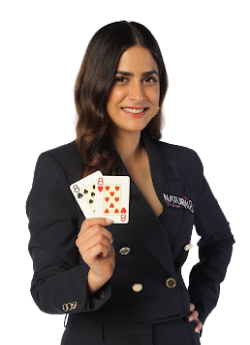
Poker isn’t just a game of cards; it’s a battle of wits and mental strength. The most successful players don’t merely rely on their cards but use psychology to outthink and outmaneuver their opponents. Mastering your mind and understanding your opponents’ behavior can give you the edge needed to succeed in this game of skill, strategy, and deception. Let’s explore the psychological aspects of poker and how you can leverage them to your advantage.
The Role of Psychology in Poker
At its core, poker is a game of incomplete information. While luck plays a role in the short term, long-term success is determined by a player’s ability to make better decisions than their opponents. This is where psychology comes into play.
Reading Opponents: Observing your opponents’ behaviors, betting patterns, and body language can help you determine the strength of their hands.
Bluffing and Deception: Effective bluffing relies on convincing your opponent that you have a stronger hand than you do. This requires an understanding of their mindset and tendencies.
Emotional Control: Staying calm and composed, even during losing streaks, ensures that you don’t make impulsive decisions that could cost you the game.
Exploiting Weaknesses: Identifying and capitalizing on opponents’ psychological weaknesses can turn the tide in your favor.
Mastering Your Own Mind
Before you can outsmart your opponents, you need to master your own psychology. Here are some essential tips:
1. Develop Emotional Resilience
Poker is a rollercoaster of emotions. Winning a big pot can make you feel invincible, while a bad beat can be demoralizing. Emotional resilience allows you to stay focused regardless of the outcome of individual hands.
Tip: Practice mindfulness techniques to stay present and avoid dwelling on past mistakes.
2. Avoid the Tilt
“Tilt” refers to a state of frustration or anger that leads to poor decision-making. Recognizing when you’re tilting and stepping away from the table can save your bankroll.
Tip: Set a stop-loss limit to prevent prolonged sessions during which you’re not playing your best.
3. Stay Disciplined
Discipline is the cornerstone of successful poker. This means sticking to your strategy, avoiding unnecessary risks, and managing your bankroll effectively.
Tip: Use platforms like Natural8 India to track your sessions and maintain a record of your progress.
4. Focus on Long-Term Goals
Poker is a marathon, not a sprint. Emphasize making the right decisions over time, rather than getting caught up in short-term outcomes.
Tip: Evaluate your decisions after each session to identify areas for improvement.
Outsmarting Your Opponents
Once you’ve gained control over your own mind, you can turn your attention to your opponents. Here’s how to gain the upper hand:
1. Observe and Adapt
Each player has unique tendencies. Some are aggressive, while others are overly cautious. By observing their behavior, you can adapt your strategy to exploit their weaknesses.
Example: If an opponent frequently folds to raises, consider bluffing more often to capitalize on their passivity.
2. Use Table Talk Strategically
Engaging in conversation can distract your opponents or reveal valuable information about their hands. However, it’s essential to use this tactic sparingly and authentically.
Tip: Keep the tone light and friendly to avoid arousing suspicion.
3. Create a Deceptive Table Image
Your table image is how your opponents perceive you. A tight image may encourage them to fold more often, while a loose image can result in bigger payouts when you have a strong hand.
Tip: Vary your playstyle to keep your opponents guessing.
4. Exploit Psychological Pressure
High-pressure situations, such as big pots or final table scenarios, can cause opponents to make mistakes. Maintaining composure during these moments allows you to capitalize on their errors.
Tip: Slow down your decisions in critical moments to create tension and provoke reactions.
Common Psychological Pitfalls to Avoid
Even seasoned players can fall victim to psychological traps. Here are some to watch out for:
1. Overconfidence
Winning streaks can lead to overestimating your abilities and taking unnecessary risks. Stay grounded and continue playing within your limits.
2. Fear of Losing
Fear can prevent you from making bold moves when necessary. Remember, poker rewards calculated risks.
3. Misreading Opponents
Jumping to conclusions about an opponent’s hand without sufficient evidence can be costly. Always consider the broader context of their actions.
Conclusion: The Mind is Your Greatest Weapon
In poker, the cards you’re dealt are only part of the equation. The true battle takes place in the mind of both yours and your opponent’s. By mastering your emotions, observing your opponents, and leveraging psychological tactics, you can gain a significant edge at the table.
Natural8 India offers an excellent platform to practice these skills, with a variety of games and formats to test your mettle. So, the next time you sit down to play, remember the strongest mind often wins, not just the strongest hand.

















